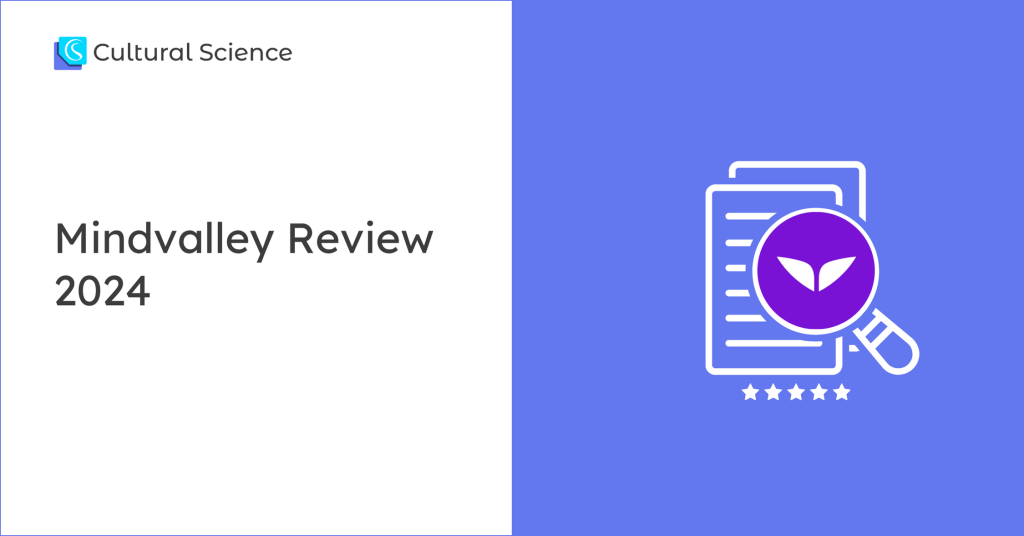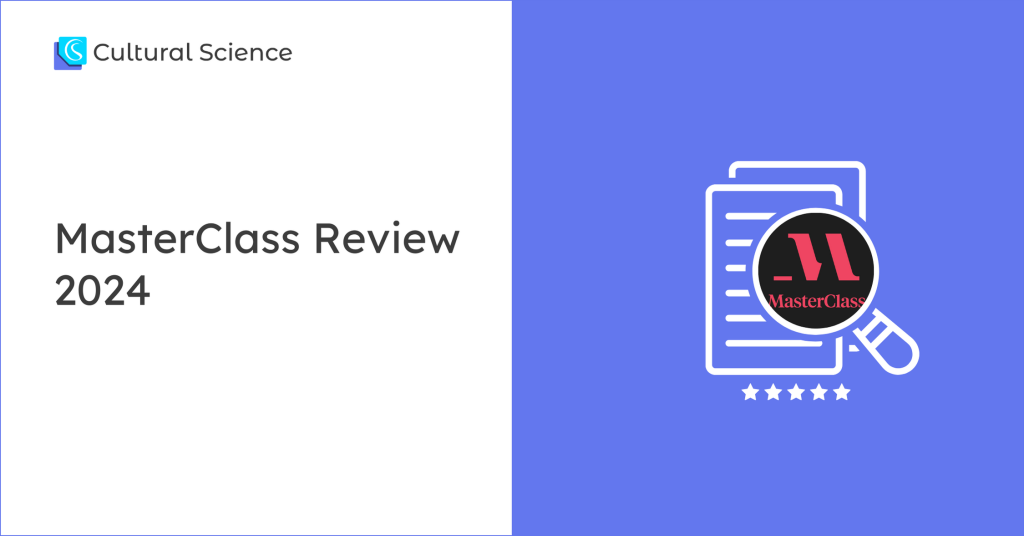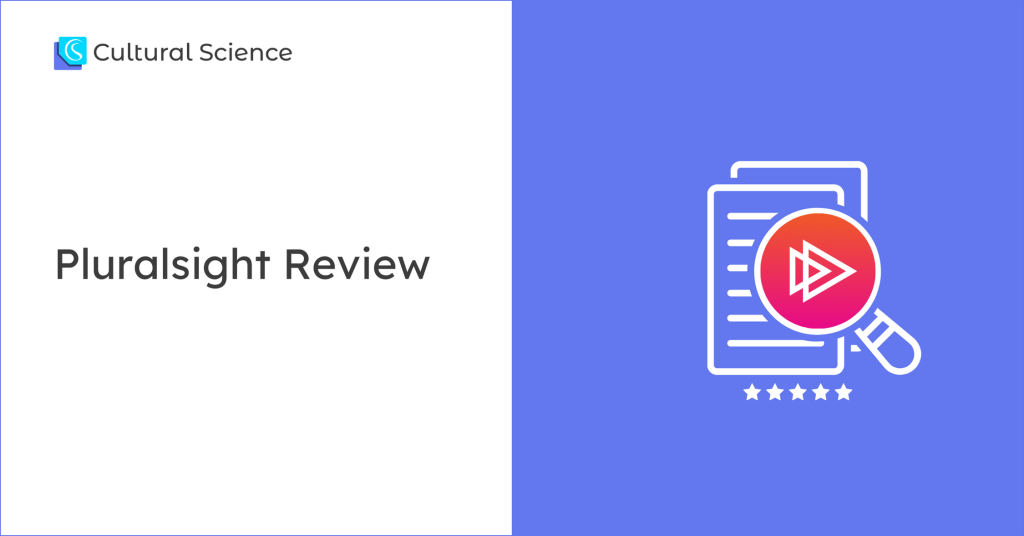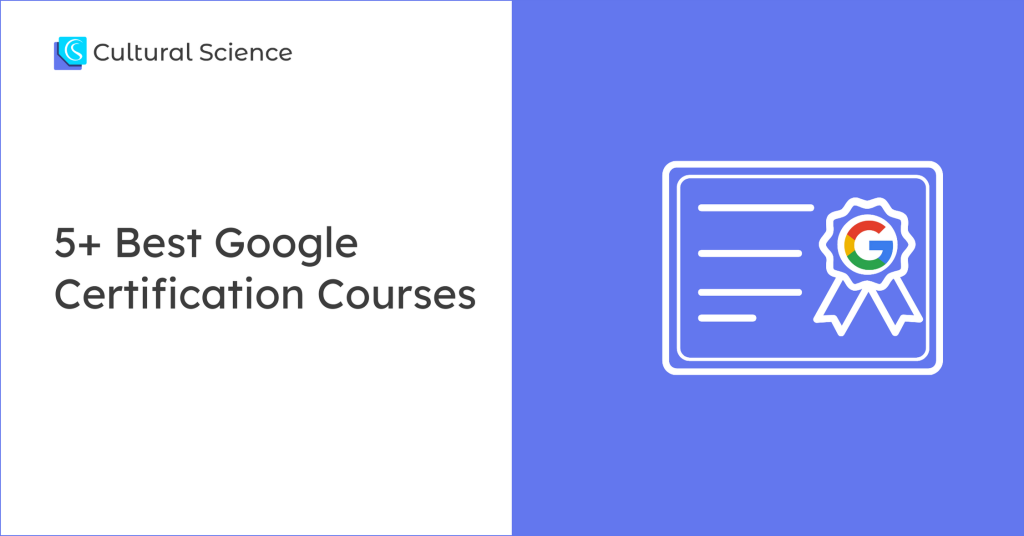Reviews & Expert Insights to Empower Your Online Learning
We provide in-depth analysis and honest reviews of various online learning platforms and courses.
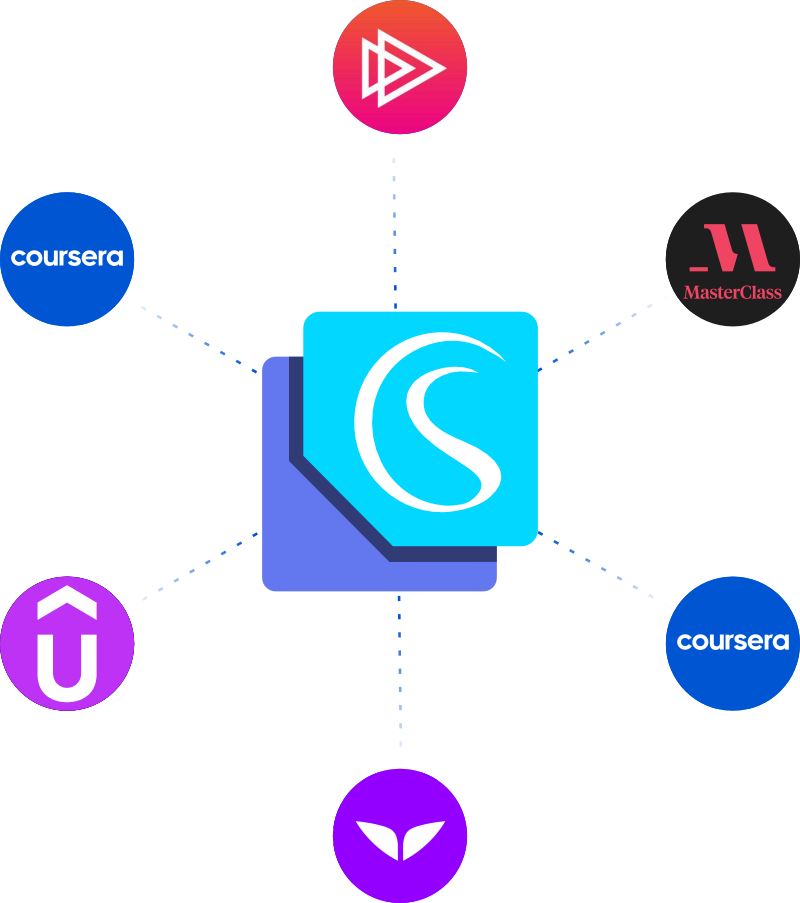
About Cultural Science
Welcome to Cultural Science, your trusted companion in the world of online learning. Here’s a glimpse into who we are, what we stand for, and why we’re passionate about helping you unlock the transformative power of education. Our platform serves as a comprehensive hub for online course reviews, educational guides, and insightful resources tailored to meet the diverse needs and interests of learners across the globe. From in-depth course analyses to practical study strategies, we curate content that empowers you to make informed decisions and embark on transformative learning journeys.
Insightful Articles and Best Picks
For enlightening reads on education, courses, and discounts, explore our blog
Mindvalley Free Trial 2024: How To Get 7-Day Access?
Mindvalley does not offer a free trial on its memberships. Instead, it offers a limited 7-day free trial…
Mindvalley Discount Code 2024 – $100 OFF Coupon (April)
If you’re looking for ways to save on your Mindvalley membership, look no further! We have an exclusive…
The Truth About Mindvalley (Review 2024) – 12 Months User
In this Mindvalley review, you will get detailed insights into this platform, such as the courses’ categories, ease…
Coursera Plus Cost (2024) – Pricing & Plan Details
Want to Know How much does Coursera cost? Well, you have landed on the right page. Coursera is…
MasterClass Review 2024: Still Worths The HYPE?
In this article, I review the online learning platform – MasterClass. I took multiple courses by creative professionals…
Pluralsight Review: Is It Worth The HYPE?
After taking several courses in various niches from cooking to singing to film scoring, I finally decided to…
5+ Best Google Certification Courses for 2024
If you’re looking to become a digital marketer or want to boost your marketing skills, then you need…





